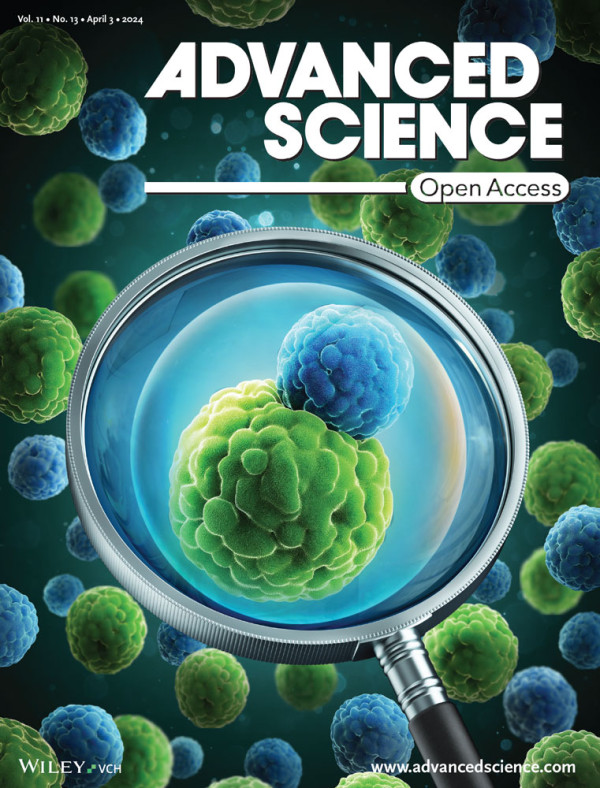조직/세포 특이적 유전체편집을 위한 폴리머-지질 하이브리드 전달체 개발
연구책임자 : 경상국립대학교 이규리 교수
The development of in vitro transcribed mRNA (IVT mRNA)-based therapeutics/vaccines depends on the management of IVT mRNA immunogenicity.
IVT mRNA, which is used for intracellular protein translation, often triggers unwanted immune responses, interfering with protein expression and leading to reduced therapeutic efficacy.
Currently, the predominant approach for mitigating immune responses involves the incorporation of costly chemically modified nucleotides like pseudouridine (Ψ) or N1-methylpseudouridine (m1Ψ) into IVT mRNA, raising concerns about expense and the potential misincorporation of amino acids into chemically modified codon sequences.
Here, an Additional Chimeric Element incorporated mRNA (ACE mRNA), a novel approach incorporating two segments within a single IVT mRNA structure, is introduced.
The first segment retains conventional IVT mRNA components prepared with unmodified nucleotides, while the second, comprised of RNA/DNA chimeric elements, aims to modulate immunogenicity.
Notably, ACE mRNA demonstrates a noteworthy reduction in immunogenicity of unmodified IVT mRNA, concurrently demonstrating enhanced protein expression efficiency.
The reduced immune responses are based on the ability of RNA/DNA chimeric elements to restrict retinoic acid-inducible gene I (RIG-I) and stimulator of interferon genes (STING)-mediated immune activation.
The developed ACE mRNA shows great potential in modulating the immunogenicity of IVT mRNA without the need for chemically modified nucleotides, thereby advancing the safety and efficacy of mRNA-based therapeutics/vaccines.
Advanced Science 2024.3.
https://onlinelibrary.wiley.com/doi/10.1002/advs.202307541













